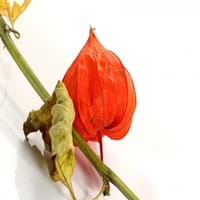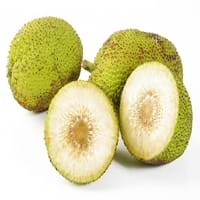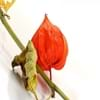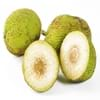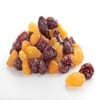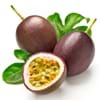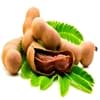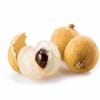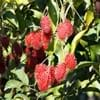Health Benefits
Anti-oxidant properties, Anti-inflammatory properties, Cancer prevention, Maintains healthy cholesterol level, Reduces blood circulation problems, Treatment of cough, fever & sore throat, Treatment of Hypertension
Cancer prevention, Heart care, Maintains healthy cholesterol level, Treatment of skin Diseases
General Benefits
Treatment of asthma, Treatment of cataract, Treatment of hepatitis, Treatment of macular degeneration, Treatment of neurodegenerative diseases
Boosts immune system, Digestive aid, Helps in weight loss, Maintains healthy cholesterol level
Skin Benefits
Treatment of Rheumatism & Dermatitis, Treatment of Skin Inflammation
Anti-aging benefits, Skin rejuvenation, Treatment of skin diseases
Hair Benefits
Unknown
Protects hair, Regulates hair growth, Treatment of dandruff
Allergy Symptoms
NA
Hives, Inflammation of nose, Swelling of mouth, tongue or lips
Side Effects
Hypertension, Ventricular Tachycardia
Allergic reaction
Best Time to Eat
As a snack in the late afternoon, Eat the fresh ones, avoid mixing with any other foods, don't eat after meal., Morning time (before lunch), Strictly avoid empty stomach
Along with meal, As a snack in the late afternoon, Don't consume at night and before bed, Don't eat after meal
Vitamin B5 (Pantothenic Acid)
Not Available
Vitamin B6 (Pyridoxin)
Not Available
Vitamin B9 (Folic acid)
Not Available
Vitamin C (Ascorbic Acid)
Vitamin K (Phyllochinone)
Not Available
Lutein+Zeaxanthin
Not Available
Water Content
Not Available
Calories in Fresh Fruit with Peel
Not Available
Calories in Fresh Fruit without Peel
Not Available
Calories in Frozen Form
Not Available
Not Available
Calories in Dried Form
Not Available
Not Available
Calories in Canned Form
Not Available
Not Available
Calories in Jam
Not Available
Type
Fruit vegetable
Fruit vegetable, Tropical
Season
Spring, Summer
All seasons
Varieties
Physalis franchetii, Physalis pruinosa, Physalis peruviana, Physalis heterophylla and Physalis philadelphica
Koqo, Tamaikora, Temaipo, Uto Kuro, Samoa, Buco Ni Viti and Kulu Dina
Color
Bright Yellow, Orange
White, Yellow
Inside Color
Orange
White
Origin
Chile, Peru
South Pacific
Soil Type
NA
Loam, Sand, Sandy loam, Well-drained
Climatic Conditions
NA
Humid, Rainfall, Warm
Facts about
NA
- The milky sap of breadfruit tree is used as glue & bark is used to make papers.
- Breadfruit tree produces 1st fruit after 2-3 years from planting & remains productive for decades.
- The seeds of breadfruit are edible.
Other Countries
NA
Africa, India, United States of America
Top Importer
Netherlands
United States of America
Top Exporter
Colombia
Jamaica
Botanical Name
Physalis Peruviana
Artocarpus altilis
Synonym
Alkekengi, Herschellia & Pentaphitrum
Artocarpus communis or Artocarpus incisa
Subkingdom
Tracheobionta
Tracheobionta
Division
Magnoliophyta
Magnoliophyta
Class
Magnoliopsida
Magnoliopsida
Subclass
Asteridae
Magnollidae
Family
Solanaceae
Moraceae
Genus
Physalis
Artocarpus
Species
Physalis
A. altilis
Generic Group
Not Available
Mulberry
Difference Between Physalis and Breadfruit
We might think that Physalis and Breadfruit are similar with respect to nutritional value and health benefits. But the nutrient content of both fruits is different. Physalis and Breadfruit Facts such as their taste, shape, color, and size are also distinct. The difference between Physalis and Breadfruit is explained here.
The amount of calories in 100 gm of fresh Physalis and Breadfruit with peel is 77.00 kcal and Not Available and the amount of calories without peel is Not Available and 103.00 kcal respectively. Thus, Physalis and Breadfruit belong to High Calorie Fruits and High Calorie Fruits category.These fruits might or might not differ with respect to their scientific classification. The order of Physalis and Breadfruit is Solanales and Rosales respectively. Physalis belongs to Solanaceae family and Breadfruit belongs to Moraceae family. Physalis belongs to Physalis genus of Physalis species and Breadfruit belongs to Artocarpus genus of A. altilis species. Beings plants, both fruits belong to Plantae Kingdom.
